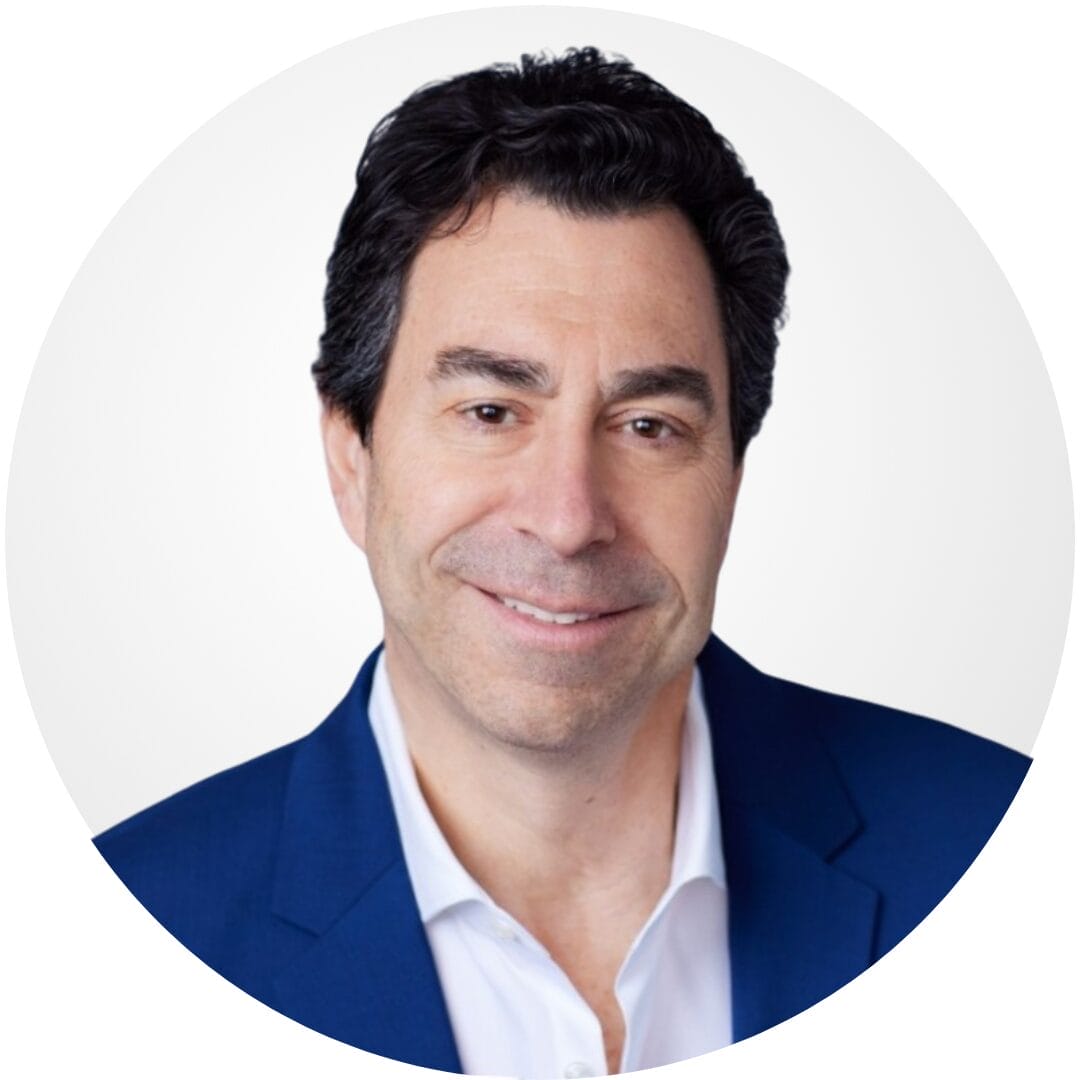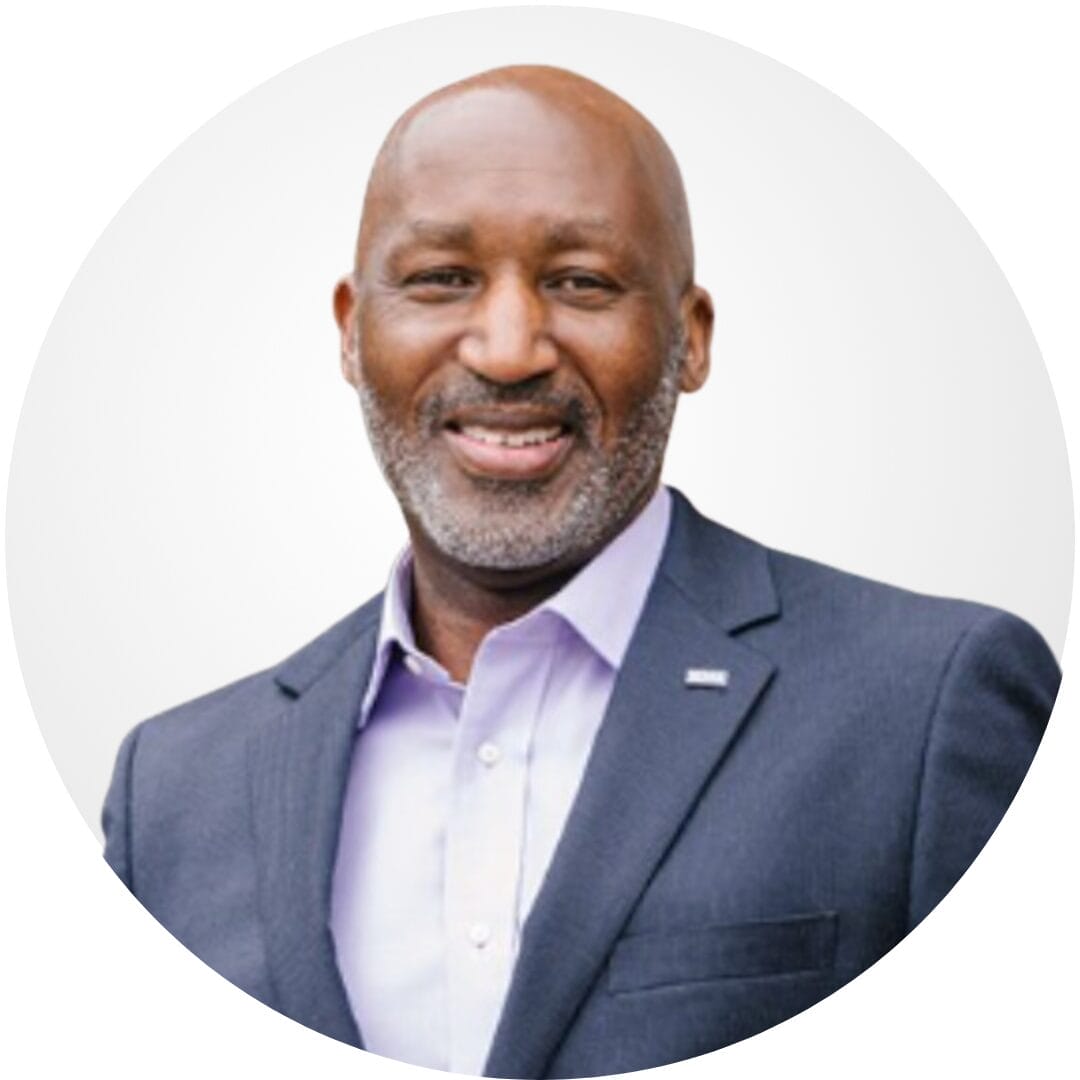Mobile technology is revolutionizing the healthcare industry, marking the start of a transformative period. Today, mobile apps have become essential tools that connect healthcare providers and patients. These apps not only enhance medical practices but also simplify preventive healthcare trials.
Mobile healthcare software development is on a remarkable trajectory, poised to exceed $69 billion by 2024. Users are increasingly valuing healthcare apps, with over 68% expressing a preference for specialists who use them. Healthcare practitioners are also on board, with 75% regularly using medical apps and 55% relying on their favorites daily.
However, the path to creating a successful healthcare mobile app can be challenging. To navigate this landscape, a comprehensive mHealth app development guide is essential. Partnering with digital experts experienced in healthcare transformation and working with industry leaders like Athenahealth, Blue Cross Blue Shield, and Omron can provide invaluable insights.
In this blog, we’ll explore the dynamic world of mobile health, delving into trends and challenges that are reshaping healthcare as we know it.
1. Remote Monitoring Apps
mHealth apps utilize wearable devices to remotely monitor patients’ health, enabling healthcare providers to intervene promptly if any issues arise. This ultimately enhances patient outcomes and reduces healthcare experiences.
2. Telemedicine Apps
Telemedicine mHealth apps utilize video conferencing and advanced technology to connect patients with healthcare providers, offering convenient access from any location. These versatile applications serve a wide range of purposes, including virtual physician visits and rehabilitation services, among others. Telemedicine holds the promise of further advancements, with ongoing innovations likely to enhance the capabilities of these apps, providing an even more comprehensive and accessible healthcare experience.
3. Clinical and Diagnostic Apps
Clinical and diagnostic mHealth apps leverage the power of mobile devices like smartphones and tablets to gather important health data from patients. This valuable information encompasses vital signs, symptoms, and medical history. In the event of any detected issues, these apps can promptly alert the patient’s healthcare provider.
4. Medication Management Apps
Medication management mHealth apps assist patients in effectively monitoring their medications, including doses and refills. These applications also send timely reminders to ensure medication adherence. The information recorded can track the name of the medication, dosage, frequency, and the appropriate time for consumption.
5. Mental Health Apps
Mental health mHealth apps offer evidence-based interventions aimed at enhancing mental well-being. These interventions include cognitive-behavioral therapy, mindfulness practices, and techniques for relaxation.
Certain features can significantly impact how successfully a mHealth app is developed. Here, we look at the key features that can take your mobile healthcare application to the next level:
A healthcare app’s design should not only be visually appealing but also convey your company’s mission and objectives clearly. User experience and user interface (UX/UI) are paramount. For the best results, follow healthcare UI/UX design best practices and partner with the best mHealth app development company.
This video might help👇
Because mHealth apps handle sensitive customer data, such as medical records and health histories, the security of this data is crucial. Strong data protection measures should be prioritized to ensure the privacy and integrity of the data about your users, right from the early stage of the mHealth app development process. Consider implementing blockchain technology for an additional layer of security; if you are unfamiliar with this revolutionary technology, consult blockchain development services.
Safety and convenience are critical in the healthcare industry. By incorporating the ability for online video consultations with medical professionals in the mobile health app, it is ensured that patients can get real-time medical advice. According to studies, this feature makes healthcare apps more successful because it improves the patient experience and offers quick assistance.
A useful feature in healthcare applications is that it gives users the ability to keep track of their well-being and health. Based on the information users enter, such as daily blood pressure readings, your app can offer users insights. The app can make suggestions for leading a balanced lifestyle after analyzing this data.
Your healthcare app can stand out if it has advanced functionality. Include a feature that allows users to check their symptoms to identify potential health problems. offers suggestions on which medical professional to speak with in order to get a more precise diagnosis.
Users can track and sync their health data easily when your mHealth app integrates wearable device compatibility. With wearable integration, users can monitor everything from blood pressure and heart conditions to sugar levels. To seamlessly integrate this feature, collaborate with a reputable fitness application development system.
Access to user data across devices is made possible by cloud storage in healthcare apps. Users can securely access their medical histories, records, and health images from any location. In addition to simplifying data management, cloud-enabled healthcare services enhance the user experience.
It is a new technology in the era of mHealth application development. Blockchain development services in healthcare help to enhance app security and provide patient information with a precisely timed care environment. The technology is built on a cryptographic system, which when used in conjunction with the other elements, makes transactions (like scheduling payments for video meetings) safe and secure from any online attack.
Artificial intelligence and machine learning are capable of disseminating vast amounts of data and extracting insightful conclusions from it. Such insights can make mobile healthcare app customers aware of many health issues earlier.
Applications built with AI and ML for diagnosing various health issues can help professionals stay on schedule and produce results with high accuracy. To increase your ML/AI profits, hire a competent healthcare mobile app development company.
Make sure your healthcare app is compatible with a variety of platforms and devices to reach a wider audience. Whether you are aiming your app at iOS or Android users, be sure it supports all device types. This inclusivity makes sure that a large user base can access your app.
For specialized applications, think about working with an established healthcare application development company to investigate advanced functionalities that could make your app a standout success.
Our mHealth app development guide covers the key considerations you should be aware of before you notice the line to figure out your initial application. This is for all medical care executives out there interested in creating their first mobile application.
Finding specific health domains and user demographics is crucial when developing mobile applications for the healthcare industry. Your healthcare app must address a real-life problem to guarantee immediate benefits for your target audience, just as social media apps like Facebook and LinkedIn cater to specific user needs.
To close accessibility gaps in healthcare, take into account addressing issues like remote medical care access. The secret is creating an app that effectively addresses user needs while encouraging usability and early adoption.
Delivering verifiable results is essential for the success of healthcare app development. The removal of an app from the app store can result from making unrealistic claims, such as one that claims to treat skin spots with a mobile phone’s light. Apps that improve accuracy, reduce costs, and streamline processes are sought after by healthcare professionals. Patient-centered apps must provide accurate information and be consistent with desired results. Both your business and users benefit from clear communication of intended results. Credibility and effectiveness are crucial in the world of healthcare apps.
Adherence to medical regulations is essential in the highly regulated healthcare industry. Even after securing sizeable investments, noncompliance can result in app removal, fines, and user fines. Utilize market requirements, industry best practices, and laws to direct the mHealth app development process. Make market research a top priority to make sure your app satisfies user needs and fosters cost-effectiveness and success.
Choosing an app development company with extensive experience is essential for a top-notch online healthcare experience. Their knowledge, which spans the project lifecycle from conception to management, draws on prior applications to enhance your endeavor. Concerns about domain expertise are unfounded because these teams have a comprehensive understanding of healthcare projects. Their comprehensive viewpoint can elevate your solution, giving users a more remarkable and successful online healthcare experience.
EMRs and EHRs, which play important roles in the medical ecosystem, must be seamlessly integrated into healthcare apps for them to be effective. EMRs improve the tracking of preventive checkups and tracking of progress over paper records.
EHRs provide in-depth health insights and permit provider data sharing. Rapid technological change makes it difficult for legacy systems to keep up, emphasizing the need for adaptable solutions. Embracing mHealth app development trends is imperative.
Mobile app analytics must be used to guide continuous improvement. User experience is crucial because 49% of users worldwide anticipate seamless healthcare services. Adaptability and user-centricity are essential for success in this dynamic healthcare environment.
Creating genuine user interest is crucial once the development of your mobile healthcare app is complete. Spend 25–45% of your budget on marketing because even the best app needs to generate buzz to get users’ attention.
Whether you are targeting B2B or B2C customers, tailor your marketing strategy to them. Utilize social media on sites like Instagram, Twitter, and Facebook while including links to the app store and website. Engage users with compelling visuals and descriptions.
Explore Instagram and Facebook advertising to grow your network while simultaneously attracting new users. If there are financial restrictions, use your social media presence to share interesting infographics and blog posts. The success of your healthcare app depends on developing a strong online presence and marketing plan.
According to the CIA, the US ranks number one globally with 7,000 internet service providers, and more than 90% of adults have access to the internet, which has ultimately led to the rapid expansion of the mHealth apps market.
The growing demand for fitness wearable devices, such as smartwatches and wristbands, and the increased proactiveness of people when it comes to improving their lifestyle are contributing to the mHealth market and hence resulting in a boost in the mHealth app development service. The global mHealth market is expected to reach USD 151.57 billion by 2025.
1. Remote Patient Monitoring through Internet of Things Devices
The Internet of Things (IoT) has completely transformed the healthcare sector with remote patient monitoring (RPM) mHealth apps. This becomes useful for getting access to valuable patient information and monitoring their health progress. This is highly beneficial when a patient is dealing with chronic disease conditions and taking remote treatment.
2. Telemedicine Through Video Conferencing and Digital Prescriptions
The telemedicine app has transformed the way we consult with doctors, physicians, psychologists, and other healthcare professionals. Some features include on-demand online consultation, slot booking, video conferencing-based consultation, e-prescription generation, and many other things that have transformed overall healthcare.
3. The Use of Artificial Intelligence and Machine Learning to Personalize Healthcare
AI and ML are personalizing mHealth app development like never before with Robotics Process Automation (RPA), which helps streamline healthcare body processes, including health payments, early diagnostics, patient data analytics, data entry, etc. AI in mHealth apps can help to examine patients more accurately and can be considered a huge blessing where immediate medical treatment is required.
4. The Use of Blockchain to Improve the Security and Privacy of Patient Data
Blockchain technology is majorly helping in recording and preserving patient data with the highest data encryption level. It is considered to be quite a hectic task, which has become easier with its deployment, and it is still to be advanced in the future.
Outsourcing application development can be a strategic decision to optimize resources while attaining high-quality results. You can look into price quotes and consultations from professionals in the field of mobile medical app development and related fields.
Many people depend on their smart devices to ease their day-to-day lives. Creating a health mobile application with a focus on nutrition and fitness motivates users to take control of their well-being. Such mHealth apps provide users with valuable insights into their health, promoting engagement and boosting basic healthcare awareness.
User surveys reveal a rising demand for healthcare tracking applications, and doctors are increasingly advising patients to use them. Over a billion smart device users worldwide use medical or wellness mobile apps, and this number is anticipated to rise over the next few years.
Data protection and healthcare regulations must be strictly followed. Data security and adherence to laws that protect private health information, like HIPAA compliance, must come first in healthcare apps. By doing this, user trust is preserved and data breaches are prevented.
The medical care application you use should be continuously updated, support the most recent operating system versions, and add new features. Operating system updates typically preserve existing apps, but keeping up with the most recent OS features guarantees that your app will stay competitive and offer a seamless user experience.
The estimated cost of mHealth app development can vary widely, depending on several factors. These factors include the complexity of the app, the features and functionalities it offers, the development platform (iOS, Android, or both), the location of the development team, regulatory compliance requirements, and ongoing maintenance and support.
Here’s a breakdown of the estimated cost ranges for mHealth app development:
🔹A basic mHealth app with limited features costs anywhere from $10,000 to $50,000
🔹Mid-range mHealth app may range from $50,000 to $80,000 depending on the features like data integration with wearable devices, telehealth capabilities, etc
🔹Complex mHealth app can cost between $150,000- 250,000 and involves intricate data analytics, extensive patient monitoring, AI-powered diagnostics, integration with electronic health records (EHRs), and other such functionalities. A telemedicine app’s development typically takes between three and twelve months.
🔹Ensuring compliance, such as the Health Insurance Portability and Accountability Act (HIPAA) in the United States or GDPR in Europe, can add significant costs to development due to the need for robust data security and privacy measures.
🔹Maintenance and updates can cost 20-30% of the initial development cost annually which includes fixing bugs, updating operating systems, or other improvements
🔹Development team location can impact costs in regions with higher labor costs and may be more expensive than outsourcing to countries with lower labor costs.
🔸Security and Privacy & Compliance and Regulations Issues
Medical mobile apps collect and store sensitive user data, such as health records, personal information, and location data. This data is a valuable target for hackers, and the mHealth app development team needs to implement strong security measures to protect it. Protecting sensitive user data and complying with complex regulations is a challenge for mHealth app developers.
🔸Technological Specifics of Mobile Devices
The constant evolution of phones and keeping up with changing trends can be challenging. mHealth app development team needs to develop apps for a wide range of devices, from smartphones to tablets to wearable devices. Each device has its own unique specifications and capabilities, which need to be compatible.
🔸High Resource Costs
A team of developers, designers, and other experts is needed to create mobile health apps. The mHealth app development may have a challenging cost-benefit ratio due to the expensive resource requirements and low adoption rate of mHealth apps. Additionally, in order to reach users, apps must be advertised and promoted.
🔸Long Development Time
A mHealth app’s development can take months or even years, depending on the app’s complexity and the resources available. This can be frustrating for users who are eager to use the app and affect user engagement. it can also make it difficult for developers to keep up with the trend.
For a medical mobile app to be successful and compliant, these issues must be addressed strategically and with a committed development team.
To create a health and wellness fitness training app, we used the “Design Sprint Approach“. Initiated by non-technical fitness experts, the app aimed to expand globally after the pandemic. The key feature requirements included a multifunctional dashboard for progress tracking, subscription management, and user-friendly workout preferences with real-time updates.

This mHealth app development guide has offered a thorough overview, covering everything from the different kinds of mHealth apps available to the crucial factors to take into account when creating a healthcare application. Healthcare companies can ensure the success of their mHealth app and profit from the rising demand for mHealth services by adhering to the trends and information provided in this development guide.
We advise working with a reputable mHealth app development service, like Mindbowser, if you are thinking about creating a mobile health app. Our team can assist you in navigating the challenges of mHealth app development and ensuring the success of your app because we have a wealth of experience creating mHealth apps for a variety of healthcare businesses.
Medical apps connect patients and healthcare pros, aiding diagnosis and treatment tracking. Health apps serve the general public for fitness and wellness, often with less regulation. Medical apps require rigorous compliance due to their role in patient care, while health apps may not face the same level of regulation as they aren’t for medical decisions.
Steps for mHealth app development:
▪️Research healthcare needs thoroughly.
▪️Prioritize empathetic design for users.
▪️Navigate complex healthcare regulations.
▪️Focus on interoperability and collaboration with healthcare systems and professionals.
▪️Conduct holistic testing and iterate for continuous improvement.
Mobile apps are revolutionizing healthcare, empowering patients in self-care, facilitating remote monitoring, and promoting innovation. Patients with chronic conditions can track their health, parents can monitor child development, and telehealth apps connect rural patients with remote medical consultations.
Developing a healthcare app requires a systematic approach.
▪️Clarify the app’s purpose, target audience, and core features.
▪️Establish a budget, technical requirements, and project plan.
▪️Design wireframes for user interface clarity.
▪️Develop, rigorously test, ensure data security, and maintain compliance, continually improving based on user feedback.

We worked with Mindbowser on a design sprint, and their team did an awesome job. They really helped us shape the look and feel of our web app and gave us a clean, thoughtful design that our build team could...


The team at Mindbowser was highly professional, patient, and collaborative throughout our engagement. They struck the right balance between offering guidance and taking direction, which made the development process smooth. Although our project wasn’t related to healthcare, we clearly benefited...

Founder, Texas Ranch Security

Mindbowser played a crucial role in helping us bring everything together into a unified, cohesive product. Their commitment to industry-standard coding practices made an enormous difference, allowing developers to seamlessly transition in and out of the project without any confusion....

CEO, MarketsAI

I'm thrilled to be partnering with Mindbowser on our journey with TravelRite. The collaboration has been exceptional, and I’m truly grateful for the dedication and expertise the team has brought to the development process. Their commitment to our mission is...

Founder & CEO, TravelRite

The Mindbowser team's professionalism consistently impressed me. Their commitment to quality shone through in every aspect of the project. They truly went the extra mile, ensuring they understood our needs perfectly and were always willing to invest the time to...

CTO, New Day Therapeutics

I collaborated with Mindbowser for several years on a complex SaaS platform project. They took over a partially completed project and successfully transformed it into a fully functional and robust platform. Throughout the entire process, the quality of their work...

President, E.B. Carlson

Mindbowser and team are professional, talented and very responsive. They got us through a challenging situation with our IOT product successfully. They will be our go to dev team going forward.

Founder, Cascada

Amazing team to work with. Very responsive and very skilled in both front and backend engineering. Looking forward to our next project together.

Co-Founder, Emerge

The team is great to work with. Very professional, on task, and efficient.

Founder, PeriopMD

I can not express enough how pleased we are with the whole team. From the first call and meeting, they took our vision and ran with it. Communication was easy and everyone was flexible to our schedule. I’m excited to...

Founder, Seeke

We had very close go live timeline and Mindbowser team got us live a month before.

CEO, BuyNow WorldWide

If you want a team of great developers, I recommend them for the next project.

Founder, Teach Reach

Mindbowser built both iOS and Android apps for Mindworks, that have stood the test of time. 5 years later they still function quite beautifully. Their team always met their objectives and I'm very happy with the end result. Thank you!

Founder, Mindworks

Mindbowser has delivered a much better quality product than our previous tech vendors. Our product is stable and passed Well Architected Framework Review from AWS.

CEO, PurpleAnt

I am happy to share that we got USD 10k in cloud credits courtesy of our friends at Mindbowser. Thank you Pravin and Ayush, this means a lot to us.

CTO, Shortlist

Mindbowser is one of the reasons that our app is successful. These guys have been a great team.

Founder & CEO, MangoMirror

Kudos for all your hard work and diligence on the Telehealth platform project. You made it possible.

CEO, ThriveHealth

Mindbowser helped us build an awesome iOS app to bring balance to people’s lives.

CEO, SMILINGMIND

They were a very responsive team! Extremely easy to communicate and work with!

Founder & CEO, TotTech

We’ve had very little-to-no hiccups at all—it’s been a really pleasurable experience.

Co-Founder, TEAM8s

Mindbowser was very helpful with explaining the development process and started quickly on the project.

Executive Director of Product Development, Innovation Lab

The greatest benefit we got from Mindbowser is the expertise. Their team has developed apps in all different industries with all types of social proofs.

Co-Founder, Vesica

Mindbowser is professional, efficient and thorough.

Consultant, XPRIZE

Very committed, they create beautiful apps and are very benevolent. They have brilliant Ideas.

Founder, S.T.A.R.S of Wellness

Mindbowser was great; they listened to us a lot and helped us hone in on the actual idea of the app. They had put together fantastic wireframes for us.

Co-Founder, Flat Earth

Ayush was responsive and paired me with the best team member possible, to complete my complex vision and project. Could not be happier.

Founder, Child Life On Call

The team from Mindbowser stayed on task, asked the right questions, and completed the required tasks in a timely fashion! Strong work team!

CEO, SDOH2Health LLC

Mindbowser was easy to work with and hit the ground running, immediately feeling like part of our team.

CEO, Stealth Startup

Mindbowser was an excellent partner in developing my fitness app. They were patient, attentive, & understood my business needs. The end product exceeded my expectations. Thrilled to share it globally.

Owner, Phalanx

Mindbowser's expertise in tech, process & mobile development made them our choice for our app. The team was dedicated to the process & delivered high-quality features on time. They also gave valuable industry advice. Highly recommend them for app development...

Co-Founder, Fox&Fork
